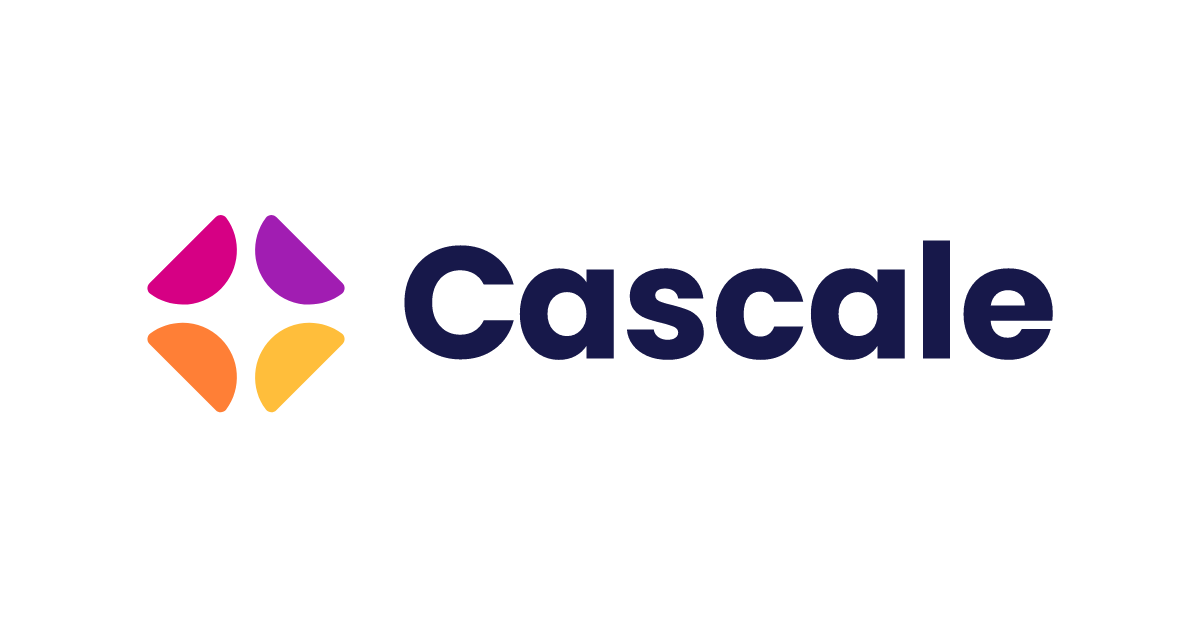Cascale Joins the Industry We Want To Discuss Collaborative Approaches To Increase Climate Adaptation Efforts in the Garment Sector

Cascale team member Hanna Griesbeck Garcia, manager of stakeholder engagement and project manager of TIWW, recently moderated The Industry We Want (TIWW) Deep Dive webinar that focused on unpacking challenges related to stagnating greenhouse gas (GHG) emissions in the garment industry. The discussion centered around climate vulnerabilities impacting workers and supply chains, including extreme flooding and rising temperatures, and the importance of increasing climate adaptation efforts across the value chain. Panelists explored the economic and human cost of action and how industry-wide collaboration can drive meaningful change.
TIWW, an initiative convened by Fair Wear, the Ethical Trading Initiative (ETI), and Cascale, "envisages a garment and footwear industry that realizes its full potential to ensure dignity for workers in decent jobs, thriving businesses along the supply chain, and a positive impact on the planet." In addition to Griesbeck Garcia, the webinar featured Brian Wakamo, research support specialist at the Global Labor Institute at Cornell University ILR School, and Prakash Menakel Philip, global director of strategy and impact at Cotton Connect.
Griesbeck Garcia gave an overview of TIWW’s history and detailed the development of three industry-wide metrics – greenhouse gas (GHG) emissions, wages, and purchasing practices – to annually measure progress and drive action across the garment and footwear sector. She shared a snapshot of TIWW’s dashboard and explained how it synthesizes feedback and data from over 1,400 suppliers across 63 countries. She highlighted this year’s GHG scores, noting varied progress across the garment sector, with improvements in some areas and stagnation in others.
Griesbeck Garcia referenced insights from 2022 data provided by Cascale, Worldly, Textile Exchange, and Apparel Impact Institute (aii), which showed that emissions from the garment sector stood at 0.879 gigatons of CO2e. She noted that the Tier 2 stage was the biggest contributor, accounting for over 50 percent of the industry’s total emissions. Comparatively, the raw material stage contributed 21 percent, intermediate processing 15 percent, and finished product manufacturing 9 percent. Garcia emphasized the data showed a stagnating decrease in emissions, primarily due to efficiency improvements within the value chain being offset by a rise in material demand and an increase in fiber volumes.
Highlighting the impact of the climate crisis on regions crucial to the garment sector, Griesbeck Garcia asserted that to remain within the 1.5℃ climate target, the sector must achieve a 45 percent reduction by 2030 (based on a 2019 baseline year) and carbon neutrality by 2050. Griesbeck Garcia noted that the 1 percent decrease between the first and third cycles of the GHG emissions metric was a clear indication of the industry’s limited progress in reducing global warming.
Griesbeck Garcia asserted that the garment industry’s current mitigation efforts have failed to recognize the impacts of the climate crisis on workers and their communities. She called on stakeholders across the value chain to work towards a shared vision to build trust and enable collective action. Finally, she noted the need for industry-wide collaboration to support a power shift and systems change across the value chain, emphasizing that this is only possible if stakeholders come together to share successful and scalable solutions that amplify reach and effectiveness.
TIWW will be hosting its final Deep Dive of 2024, which will focus on the living wages metric. The panel will discuss how to tackle barriers to achieving living wages for workers along the value chain. It will explore the critical role of data and social dialogue in closing the wage gap, as well as the importance of worker involvement in shaping solutions. You can register here to join the discussion.

